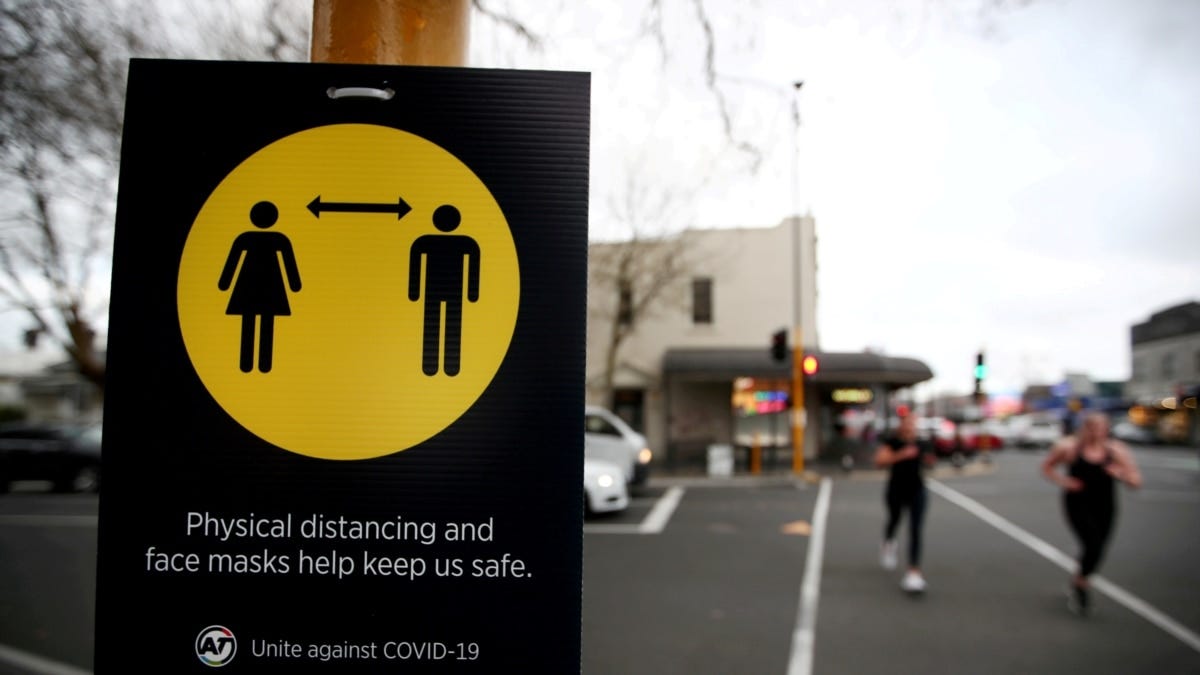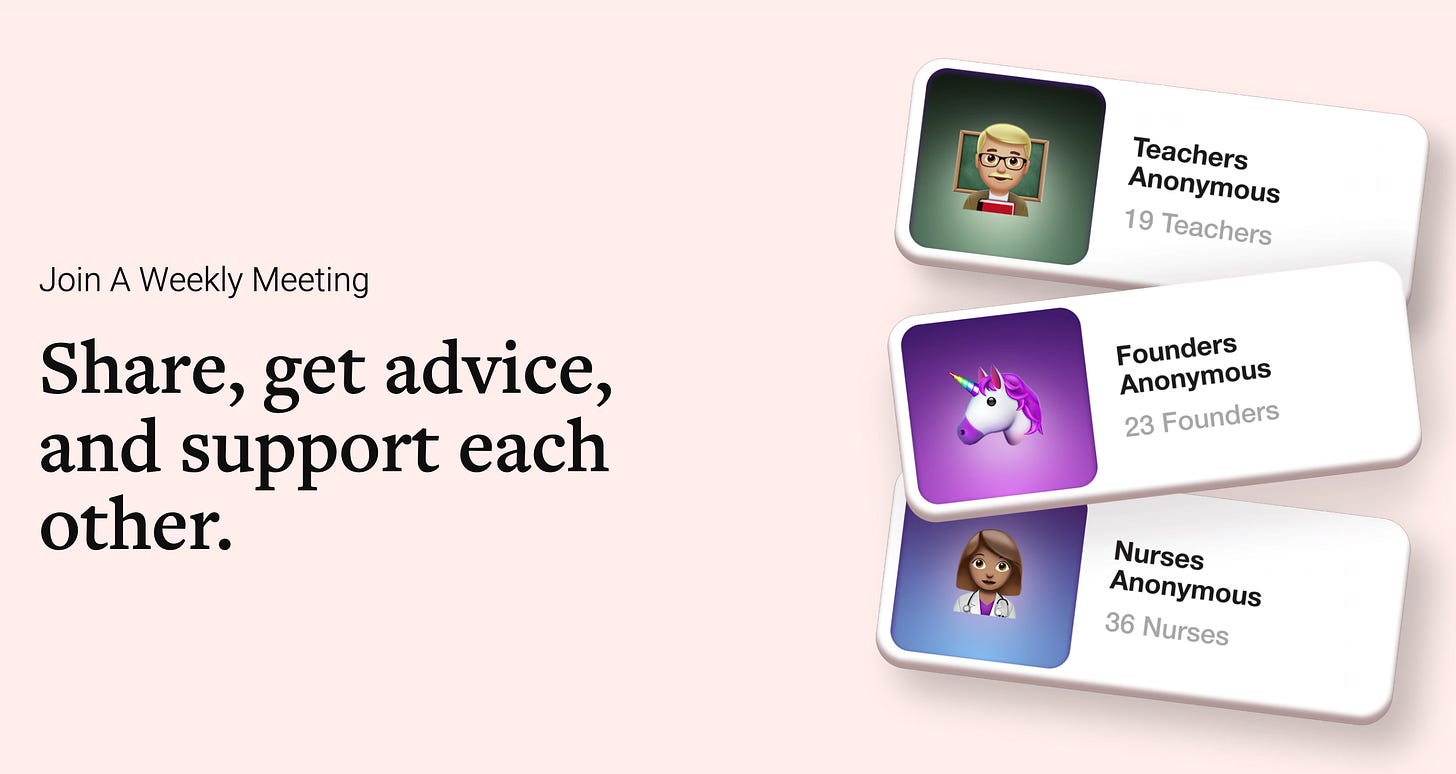The Most Dangerous Disease: Loneliness
From increased rates of depression to a weakened immune system, loneliness is ravaging our mental and physical health and has only gotten worse since the pandemic.
In a world increasingly connected by digital platforms, the importance of real-world socialization and community engagement has never been more critical for our physical and mental health. Numerous studies and research findings underscore the profound impact that social support and community participation have on our well-being. While our society continues to transition online, it is crucial we continue to engage with each other in person.
One Harvard study emphasized the importance of maintaining personal relationships stating, “Social connections not only give us pleasure, they also influence our long-term health in ways every bit as powerful as adequate sleep, a good diet, and not smoking. Dozens of studies have shown that people who have social support from family, friends, and their community are happier, have fewer health problems, and live longer.” The Centers for Disease Control and Prevention (CDC) highlight how social connectedness can bolster recovery from stress, anxiety, and depression, and influence overall health and longevity. Spending quality time with family, friends, and acquaintances has been shown to lead to better health outcomes and longer, happier lives.
During the pandemic, loneliness skyrocketed and with it depression, anxiety, and a whole host of additional health problems. Given the health threats to our families and community members, we witnessed the closure of our businesses, educational institutions, places of worship, retail outlets, and entertainment venues. Consequently, many of us had to limit our social interactions to small, trusted 'bubbles' of family and friends for visits. Connecting with the wider world shifted to online platforms and our sense of community vanished.
Mental Health
Social connections act as a buffer against mental health issues such as depression and anxiety. Social support from family, friends, and the community is associated with greater happiness and reduced risk for mental health disorders. Interactions with friends and family have been shown to bolster self confidence, provide a sense of purpose, and decrease depressive thoughts and tendencies. According to the World Health Organization (WHO), in the first year of the COVID-19 pandemic, world depression rates increased by a staggering 25%. In the first 10 months of the pandemic there were 5,568 suicides amongst youths ages 5-24, while drug and alcohol abuse rose 30% in the first year of the pandemic. Deaths associated with alcohol, drugs, and suicide took the lives of 186,763 Americans in 2020, a 20 percent one year increase in the combined death rate and the highest number of substance misuse deaths ever recorded for a single year, according to a report released today by Trust for America’s Health (TFAH) and Well Being Trust. While suicide and substance abuse continue to be issues in today’s society, the pandemic highlighted the connection between social interaction and mental wellbeing. Mandatory social distancing removed our ability to interact with one another and ultimately led to feelings of isolation.
Our resilience to stress and overall stress levels are also greatly impacted by the bonds we have with others. Loneliness is directly linked to lower social support which influences our ability to handle and recover from stress. Without emotional support from our peers, life’s challenges can gravely impact both our mental and physical health. Loneliness has been linked to long-term "fight-or-flight" stress signaling, negatively impacting our physical responses to our surrounding and causing worse inflammation and less immunity. Without encouragement from our friends and family, our stress levels rise and our ability to respond well to the next difficult situation we encounter decreases.
With the rise of social media and online interaction, news around the world is available 24/7. We are exposed to horrific acts of violence, political strife, social injustice and more that we were often shielded from in past decades. Award winning psychologist Don Grant describes this as “media saturation overload,” and he is not the only mental health professional noticing this specialized type of stress. Terms such as “doomscrolling”, “headline anxiety”, and “headline stress disorder” have emerged. The steady flow of news from social media and news outlets is non-stop, and unless you live under a rock, there’s no escaping them. Each day we are confronted with mass shootings, concerns about climate change, racial injustice, and geopolitical tensions.
On the flip side, seeing others live seemingly great lives has led to “FOMO” or fear of missing out and forced us to view our own lives on a scale relative to others. And as the saying goes “comparison is the thief of joy”. In a 2023 survey of young girls, 57% of respondents say social media makes them want to change how they look while girls who used social media for 10 hours per day were 25% less likely to feel confident than those who use it for less than two hours. The editing of pictures posted online make it easy to paint a picture perfect life. This can contribute to depression and negative self talk and encourage individuals to remove themselves further from society and real life interactions.
Company highlight: Human’s Anonymous is building anonymous audio spaces for mental health similar to Alcoholic’s Anonymous, that encourages peer-to-peer interactions to promote connections with real people who are going through similar challenges.
Regular social interaction is also shown to improve cognitive function, positively impacting memory and cognitive skills. Maintaining cognitive function is a crucial part of healthy aging. A small study in 2020 found that 60% of people with mild cognitive impairment or Alzheimer's disease experienced worsening cognition and delirium during the lockdown. Researchers at FSU found that loneliness increases a person’s risk of dementia by roughly 40%.
The impact of loneliness is heightened in old age as peers and spouses begin to pass away, which drastically increases mortality rates. One study showed men are 70% more likely to die and women 27% more likely to die in the year after losing a spouse compared to those who were not widowed. In an aging society, addressing loneliness in older adults isn't just a matter of compassion; it's an essential step toward improving the health and well-being of our elders.
Physical Health
Social ties directly influence physical health behaviors such as diet and exercise, with loneliness often leading to weight gain, sleep deprivation, poor heart health, and a weakened immune system. The Mayo Clinic and the National Institutes of Health also support the view that exercise and social interactions can lessen anxiety and improve mood, further contributing to a healthier, more fulfilling life. Strong social bonds can influence decisions leading to better physical health as your loved ones encourage you to join them for a workout or take a walk to catch up.
The correlation between loneliness and physical health has been studied for decades. One study from 2016 linked loneliness to a 30% increase in risk for stroke or the development of heart disease. An analysis co-authored by Julianne Holt-Lunstad, a professor of psychology and neuroscience at BYU, showed that a lack of social connection heightens health risks as much as smoking 15 cigarettes a day or having an alcohol addiction. Loneliness and social isolation are twice as harmful to both mental and physical health as obesity.
Community engagement often involves physical activities that are crucial for maintaining and improving health. Communities can provide essential support structures that encourage socialization and physical activity. This includes organizing sports events, providing safe walking trails, and creating spaces that foster social interactions. In recent years, the emphasis on community focused physical activity has increased and city wide run clubs, pick up sporting events, fitness studio memberships, and gym buddy friendships are increasing in popularity. There are over 700,000 fitness communities in the US alone. After months of gym closures and restrictions on outdoor activities, Americans are returning to gyms at even higher rates than pre-pandemic. The popularity of boutique fitness studios and the large chains like Planet Fitness and Lifetime have continued to rise as consumers long for in person connection and bonding.
Company highlight: Sweatpals is creating an online community around physical activity. By bringing people together for fitness events, the company aims to improve social connection and drive relationship building in cities across the country.
The evidence is clear: socialization and community engagement are vital components of a healthy life. Those who don’t socialize with friends and family increase their overall risk of death by 39%. Many more studies have shown the interconnectedness of social support, community engagement, and health. Community provides emotional support, encourage healthy behaviors, and contribute to our overall happiness and longevity. As we navigate the complexities of modern life, fostering these connections can help us build resilience and enjoy a higher quality of life.









Spot on. The value of a strong community is underrated. Great article.